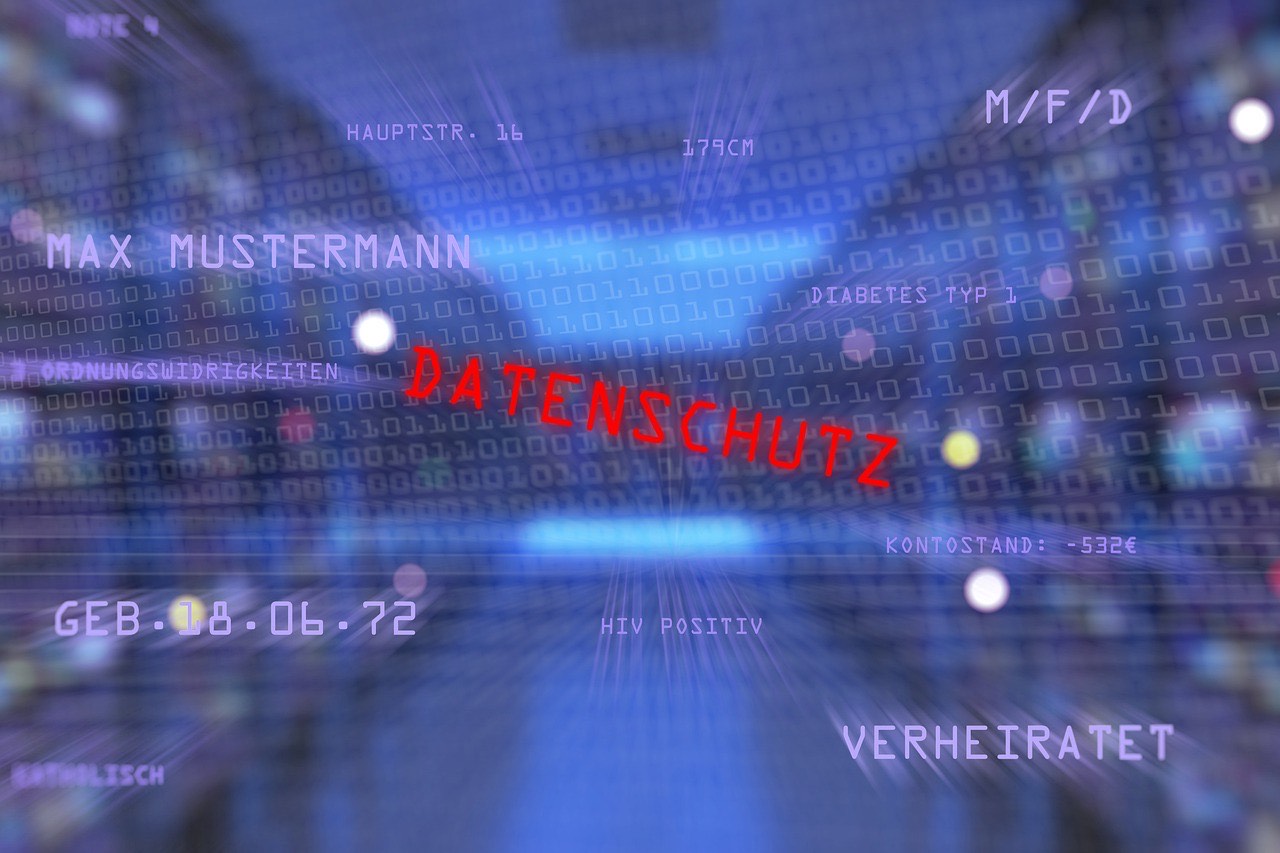Personal data of one million Moscow car owners were put up for sale on the Internet

On July 24, an archive with a database of motorists was put up for sale on one of the forums specializing in selling databases and organizing information leaks. It contains Excel files of about 1 million lines with personal data of drivers in Moscow and the Moscow region, relevant at the end of 2019. The starting price is $1.5 thousand. The seller also attached a screenshot of the table. So, the file contains the following lines: date of registration of the car, state registration plate, brand, model, year of manufacture, last name, first name and patronymic of the owner, his phone number and date of birth, registration region, VIN-code, series and number of the registration certificate and passport numbers of the vehicle.
This is not the first time a car owner database has been leaked. In the Darknet, you can find similar databases with information for 2017 and 2018 on specialized forums and online exchanges.
DeviceLock founder Ashot Hovhannisyan suggests that this time the base is being sold by an insider in a major insurance company or union.
According to Pavel Myasoedov, partner and Director of the Intellectual Reserve company, one line in a similar archive is sold at a price of 6-300 rubles ($4), depending on the amount of data contained.
The entire leak can cost about 1 bitcoin ($11.1 thousand).Information security experts believe that the base could be of interest to car theft and social engineering scammers.
According to Alexey Kubarev, DLP Solar Dozor development Manager, knowing the VIN number allows hackers to get information about the alarm system installed on the car, and the owner’s data helps to determine the parking place: “There may be various types of fraud involving the accident, the payment of fines, with the registration of fake license plates on the vehicle, fake rights to cars, and so on.”
Against the background of frequent scandals with large-scale leaks of citizens data, the State Duma of the Russian Federation has already thought about tightening responsibility for the dissemination of such information. “Leaks from the Ministry of Internal Affairs occur regularly. This indicates, on the one hand, a low degree of information security, and on the other — a high level of corruption,” said Alexander Khinshtein, chairman of the State Duma Committee on Information Policy.
If you like the site, please consider joining the telegram channel or supporting us on Patreon using the button below.



